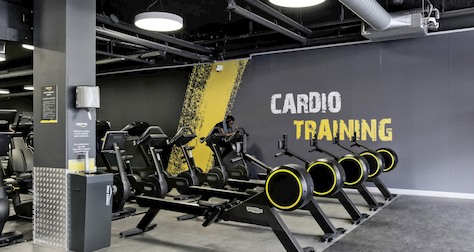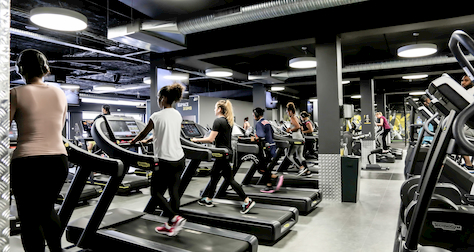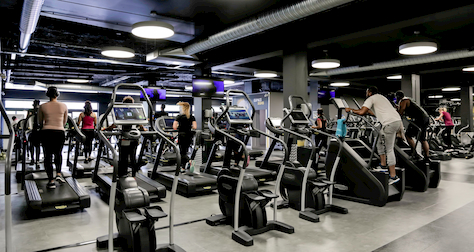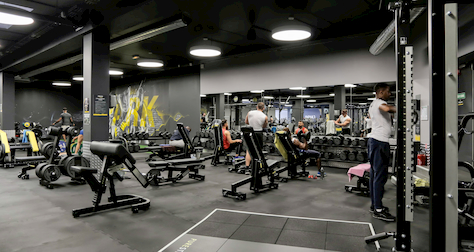Tu recherches une salle de sport à Cergy-le-Haut ouverte de 6h à 23h - 7J/7 ? Découvre le club de sport Fitness Park Cergy-le-Haut situé à 100m de la station RER. Réparti sur plus de 1600m², le club t’offre un large choix d’activités et d’équipements Technogym pour t’entraîner à la perfection : musculation, cardio-training, cours collectifs, cross-training et biking. Que ton objectif soit de prendre du muscle, mincir ou te remettre en forme Fitness Park t’accompagne dans ta réussite personnelle. Comment accéder à la salle de sport ? RER A. Arrêt : Cergy-le-Haut. INFORMATIONS PRATIQUES SERVICES DU CLUB LES POINTS FORTS *En supplément Le club de sport Fitness Park Cergy-le-Haut, situé 3 Cours des Merveilles, t’accueille sur 1600m² d’espace de pratique : musculation, cardio, cross-training et biking. Plus de 60 machines et équipements Technogym, disponibles en libre accès 7J/7 - de 6h à 23h. Retrouve des coachs sportifs disponibles pour tous tes entraînements. Retrouve un espace de 400m² pour tes séances d’entraînement. Des programmes de base aux plus complexes, la salle de fitness et musculation Fitness Park Cergy-le-Haut est équipée de matériel de musculation dernière génération Technogym pour maximiser tes performances lors de tes séances. Débute le fitness dans les meilleures conditions. Nos machines de fitness à charges guidées te permettent d’évoluer facilement pour atteindre tes objectifs sportifs. Progresse avec une préparation physique millimétrée, dans un espace conçu parfaitement pour tes séances de musculation. Entraîne-toi aussi comme un athlète. Retrouve des équipements de musculation à charges libres performants pour développer ta masse musculaire. Travaille l’ensemble du corps et améliore ta condition physique générale dans l’espace dédié aux entraînements cardio. Entraîne-toi pour te remettre en forme, brûler un maximum de calories, perdre du poids et développer ton endurance. La salle de sport Fitness Park Cergy-le-Haut te met à disposition les meilleurs équipements de fitness et de cardio Technogym pour atteindre tous tes objectifs sportifs : rameurs, vélos elliptiques, simulateurs d’escaliers, steppers ou encore tapis de course. Choisis l’excellence pour t'entraîner dans des conditions optimales ! Mets en place un programme cardio-training adapté à ton objectif personnel pour rapidement progresser. Que tu sois à la recherche d’une meilleure forme physique ou d’une silhouette affinée, le cardio-training est la discipline à privilégier. Elle permet de tonifier les muscles et d’augmenter la résistance à l’effort. Pour compléter tes exercices cardio, utilise la plateforme d'oscillation SISMO présente dans le club de sport Fitness Park Cergy-le-Haut Travaille ton cardio, tes fessiers, ton endurance, ta souplesse ou encore tes abdos grâce aux cours collectifs accessibles en libre-service sur écran géant. Varie tes entrainements et progresse à ton rythme grâce à une gamme de cours collectifs diversifiées : Body Pump, Body Combat, Body Balance, Sh’Bam, Yoga ou encore Pilate. Avec ton abonnement Fitness Park, tu peux accéder en illimité à tous les cours. Les cours collectifs sont le meilleur moyen pour programmer tes séances de la semaine et entretenir ta forme physique. Avec plus de 160 cours répartis sur l'ensemble de la semaine, tu peux réaliser tes séances à n’importe quel moment. A toi de choisir en fonction de tes objectifs et de tes envies ! Enchaîne muscle-up et sit-up à force de détermination et de persévérance. Créer des programmes d'entraînement personnalisés et réveille l'athlète qui sommeille en toi. Fitness Park Cergy-le-Haut te met à disposition et en libre accès, une box pensée pour pratiquer le cross-training en illimité. Retrouve barres de traction, kettlebells, rack à squat, TRX, box jump et wall-balls pour des WOD de cross-training intenses et variés. Mélangeant musculation, force athlétique et mouvement de gymnastique, le cross-training ne t’offre pas moins de 50 exercices différents pour brûler des calories et développer tes muscles. C’est la discipline par excellence pour une préparation musculaire et cardio à haute intensité. Quel que soit ton niveau, le cross-training est accessible à tous. Adapte tes séances d'entraînement selon tes objectifs. Accessible à tous, cette discipline tendance te permet d'améliorer ta condition physique et tes performances rapidement. Cet entraînement cardio de haute intensité est rythmé par une ambiance sonore qui t’accompagne pendant l’effort physique, idéal pour te motiver. Conçu pour tous les pratiquants ayant des exigences sportives, l’espace spinning du club de sport Fitness Park Cergy-le-Haut propose un équipement innovant dans un environnement totalement immersif. Dépense calorique et dépassement de soi garantie : le biking est conçu pour brûler un maximum de graisses en un temps record : 600 calories/45 minutes. Défoule-toi et renforce tes capacités cardio-vasculaires au rythme de la musique. Grâce au RPM, tu affines tes cuisses, raffermis tes fesses et tonifies l’ensemble du corps : des résultats visibles en seulement un mois ! Nous proposons dans tous les clubs Fitness Park un espace Musculation, Cardio & Cross-Training afin que tu puisses venir t'entraîner dans les meilleurs conditions. Fitness Park te propose plusieurs offres au choix dès 19€/ 4 semaines* : Avec ou Sans Engagement avec l'offre classique, Access + et Ultimate et l'offre Jeunes. Découvre-les ! Nous te proposons une séance d'essai facturée 15€ qui te seront remboursés en cas d'abonnement. Nous t'attendons pour ton entraînement ! Nos coachs sont disponibles de 8h30 à 21h30 pour t'accompagner dans tes entraînements fitness, musculation et répondre à toutes tes questions.SALLE DE SPORT Cergy Le-Haut
Musculation, Fitness, Cross-Training, Biking & Cardio-Training
6:00 - 23:00
Samedi 9:00 - 19:00
Dimanche 10:00 - 16:00Fitness Park Cergy Le-Haut
Club de sport, fitness & remise en forme
Parking gratuit
Climatisation
Casier de recharge téléphonique
Douche individuelle
Produit désinfectant
Wifi gratuit
Distributeur automatique
Musculation
Cardio training
Biking
Espace Abdos Stretching
Cours vidéo
Cross training
Coaching particulier*
Programme d’entraînement personnalisé*
Espace détente
Station d'hydratation Yanga*
Plateforme Oscillante Sismo*
Equipements haut de gamme
Service de qualité
Libre accès dans tout le réseau
Services et expérience Ultimate
ACTIVITÉS
Espace Musculation
Conçu pour développer ta force
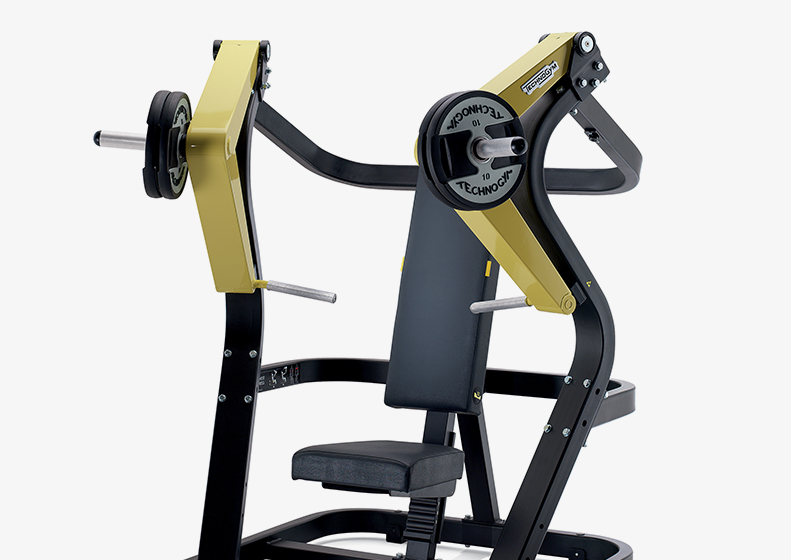
Espace cardio-training
Idéal pour te remettre en forme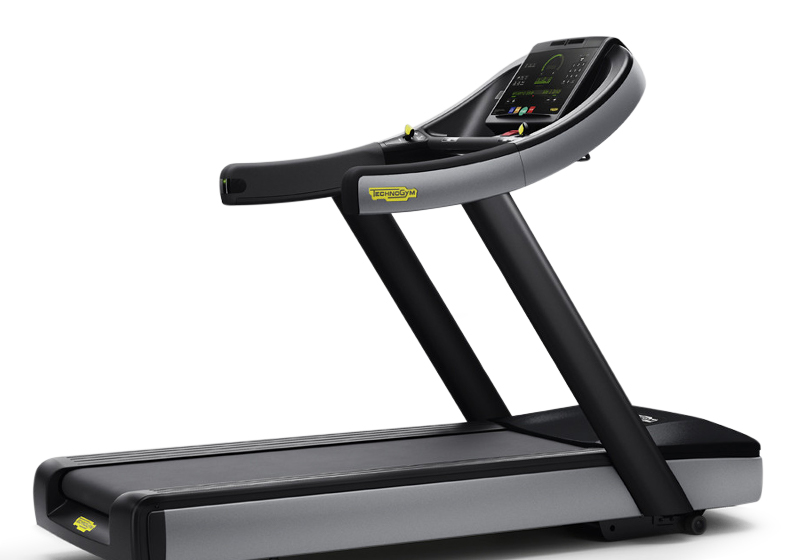
Espace Cours Collectifs
Plus de 160 cours disponibles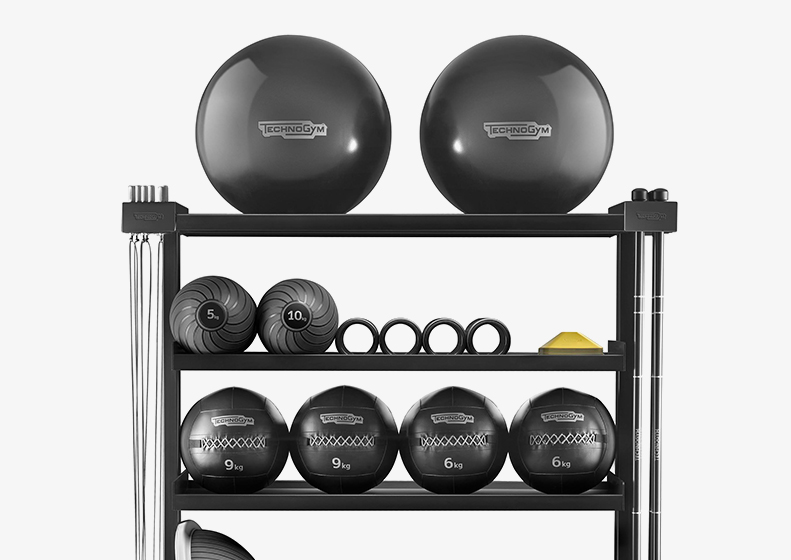
Espace Cross-Training
Repousse tes limites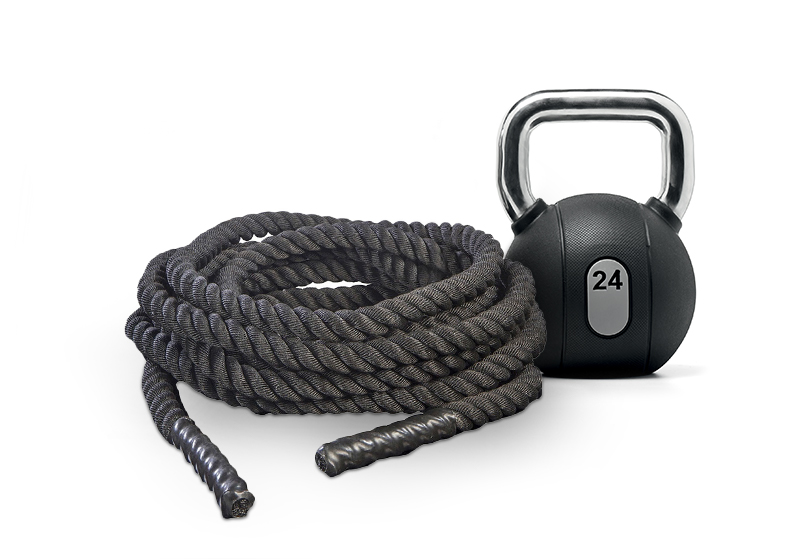
Espace Biking
Haute intensité assurée
Questions &
RéponsesQuelles sont les activités proposées dans les clubs Fitness Park ?
Quelles sont les offres proposées dans les salles de sport Fitness Park ?
Est-il possible de réaliser une séance d'essai au Fitness Park de Cergy - Le Haut ?
Y-a-t-il des coachs présents dans la salle de sport Fitness Park de Cergy - Le Haut ?
Pourquoi s’entraîner
chez nous ?
Fitness Park, la marque de fitness préférée des Français*
Un réseau de plus de 260 salles en France et à l'étranger
Espaces Cardio-Training, Musculation libre et guidée
Une communauté de passionnés !
Cage de Cross-Training et accessoires complets
Matériel haut de gamme et connecté
Cours collectifs vidéo exclusifs
Wifi gratuit
* Offre non cumulable valable pour toute souscription à un abonnement classic avec engagement d'un an soit 13 périodes de 4 semaines, hors l'adhésion de 30€ à l'inscription et la participation au renouvellement matériel de 9€ à régler une seule fois.
 Offre spéciale : Les 4 premières semaines à 19€
Offre spéciale : Les 4 premières semaines à 19€










